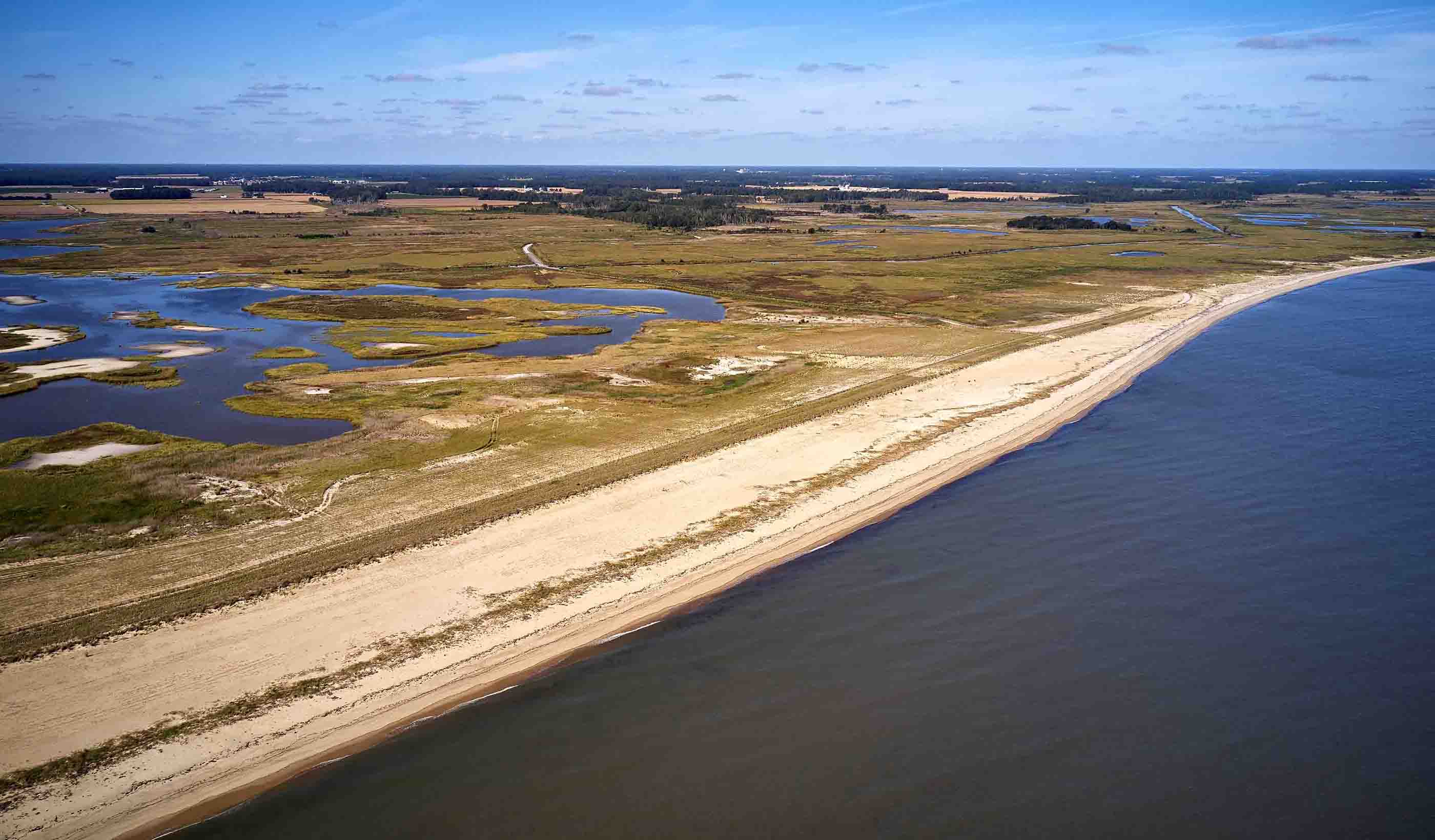- Location
- Calgary, Alberta
- Offices
-
- Location
- Calgary, Alberta
- Offices
Share
Fish and Fish Habitat Impact Assessment Tool
When it comes to fish habitats, each is uniquely complex—and intersecting these delicate environments with pipeline crossings or construction activities introduces more risk factors. However, gathering the right data and conducting analysis and documentation with unwavering regulatory compliance is crucial when protecting affected fish and fish habitats.
But, what does it mean for the industry when each assessment uses different processes? Without a standardized assessment method and reporting template, reports are laborious, time consuming, and potentially inaccurate. Seeing the gap in the industry, the Canadian Energy Pipeline Association (CEPA), the Canadian Gas Association (CGA), and the Canadian Association of Petroleum Producers (CAPP) invited submissions for an online self-assessment tool in concert with their updated Pipeline Associated Watercourse Crossings (PAWC) 5th Edition document.
Senior fisheries biologist Lucas Warner (Calgary, Alberta) and our Fisheries team chose to submit. The result? The Fish and Fish Habitat Impacts Assessment Tool (FFHIAT).
Not only does FFHIAT make for an easier, faster process, but the tool also does right by each complex environment, helping our clients feel confident that they are compliant with the Fisheries Act and Species at Risk Act (SARA).
- Location
- Calgary, Alberta
- Offices
-
- Location
- Calgary, Alberta
- Offices
Share
We’re better together
-
Become a client
Partner with us today to change how tomorrow looks. You’re exactly what’s needed to help us make it happen in your community.
-
Design your career
Work with passionate people who are experts in their field. Our teams love what they do and are driven by how their work makes an impact on the communities they serve.























